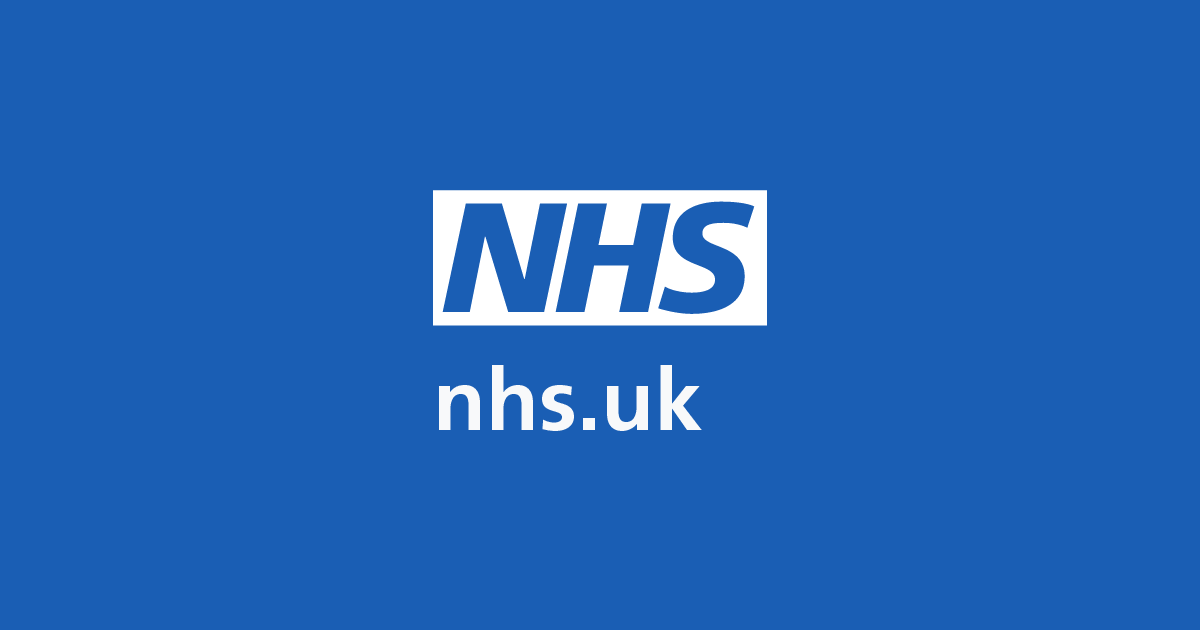UK election could decide fate of NHS

A few minutes every morning is all you need.
Stay up to date on the world's Headlines and Human Stories. It's fun, it's factual, it's fluff-free.
On Thursday, December 12, the British people will once again elect a prime minister in a general election that some are suggesting is a referendum on the nation’s National Health Service (NHS). The NHS is the system of publicly funded healthcare providers in the United Kingdom, which has existed since 1948. As Britons head to the polls, the fate of the NHS remains uncertain.
Leader of the Labour Party Jeremy Corbyn has asserted that Tory leadership intends to offer up the NHS in negotiations with the United States. This would mean that private companies could set the prices for medical care and medication. At the same time, current Prime Minister Boris Johnson and his Tory Party members of parliament (MPs) have pushed back, stressing that the NHS is not for sale.
History and future of the NHS
The NHS was founded in 1948 by the then Minister for Health, Aneurin Bevan, in the wake of World War II at the time when the United Kingdom’s prime minister was Clement Attlee, leader of the Labour Party. The system based the provision of healthcare on citizenship – the first of its kind in the world. In the more than 70 years since its creation, the NHS has gone through numerous reforms.
Up until this decade, the budget for the NHS has consistently grown at an average of 4% to keep up with a growing population. In 2010, when the Conservative Party won a majority in the general election and David Cameron became prime minister, spending increases for public healthcare dropped to 1%. With a population that is living longer and making increasingly more use of emergency services, the budget for the NHS has not kept pace with spending.
During this decade, as the NHS has struggled to keep up with changing demographics and economic realities, some have said the government is embracing privatization. This seems to be the case even as more public funds are being spent on healthcare in the United Kingdom than at any time in the nation’s history.
[article_ad]
Political battle
On November 27, Corbyn made headlines when he held a press conference where he revealed a 451-page dossier claiming proof that the NHS was up for sale to the United States. He said, “We are talking here about secret talks for a deal with Donald Trump after Brexit.”
Part of Brexit – the United Kingdom leaving the European Union – will involve negotiating trade deals with other countries, including the European Union and the United States. Corbyn says the dossier proves that Johnson’s government has been secretly negotiating with U.S. President Donald Trump for drug prices and other healthcare costs. Tory leadership has denied these claims and after the Corbyn press conference, Trump himself stated that he has no interest in the NHS. However, in an earlier interview alongside Johnson’s predecessor, Theresa May, Trump had stated that everything must be on the table during negotiations – including the NHS.
Even as Brexit remains a priority for Johnson and the country, polls suggest that concerns over the NHS have taken over as the chief issue citizens will be considering as they vote.
It is worth noting that Donald Trump has a 21% approval rating in the United Kingdom, while former U.S. President Barack Obama had a 72% approval rating. Therefore, Corbyn linking Johnson to Trump and the privatization of the NHS may have played a role in the narrowing of the polls recently, although the Tories still maintain a strong lead.
What are Britons voting on?
The general election on Thursday will allow British citizens to vote for their MP in the House of Commons, which indirectly elects the nation’s prime minister. If a single party wins the majority of MP seats, the party leader is elected to be prime minister. If no party wins a majority, a coalition of parties must form a government. There are numerous parties in Britain, but the two largest are the Conservative (Tory) Party and Labour Party.
The political landscape in the United Kingdom has been complicated over this decade, in large part due to the 2016 referendum on Brexit – the vote to leave the European Union. This will be the third general election in five years, with Tory leader David Cameron being re-elected as prime minister in 2015 and Theresa May elected to office in 2017. May, who became prime minister after Cameron resigned, called the 2017 snap election.
Theresa May resigned as prime minister on June 7 this year and was succeeded by Boris Johnson, who – like Cameron and May before him – is a member of the Conservative Party. Johnson has vowed to take the United Kingdom out of the European Union, despite facing opposition to his negotiated deal.
[article_ad]




Comments ()